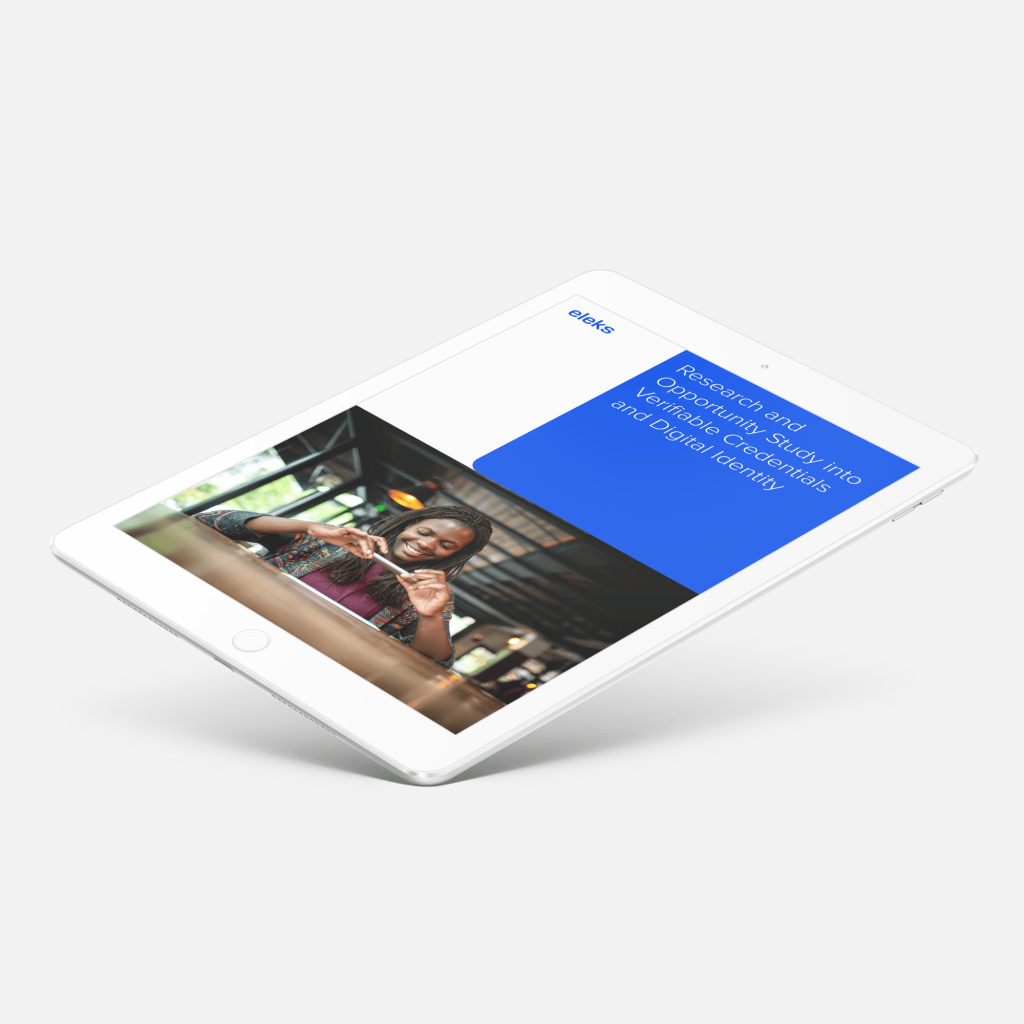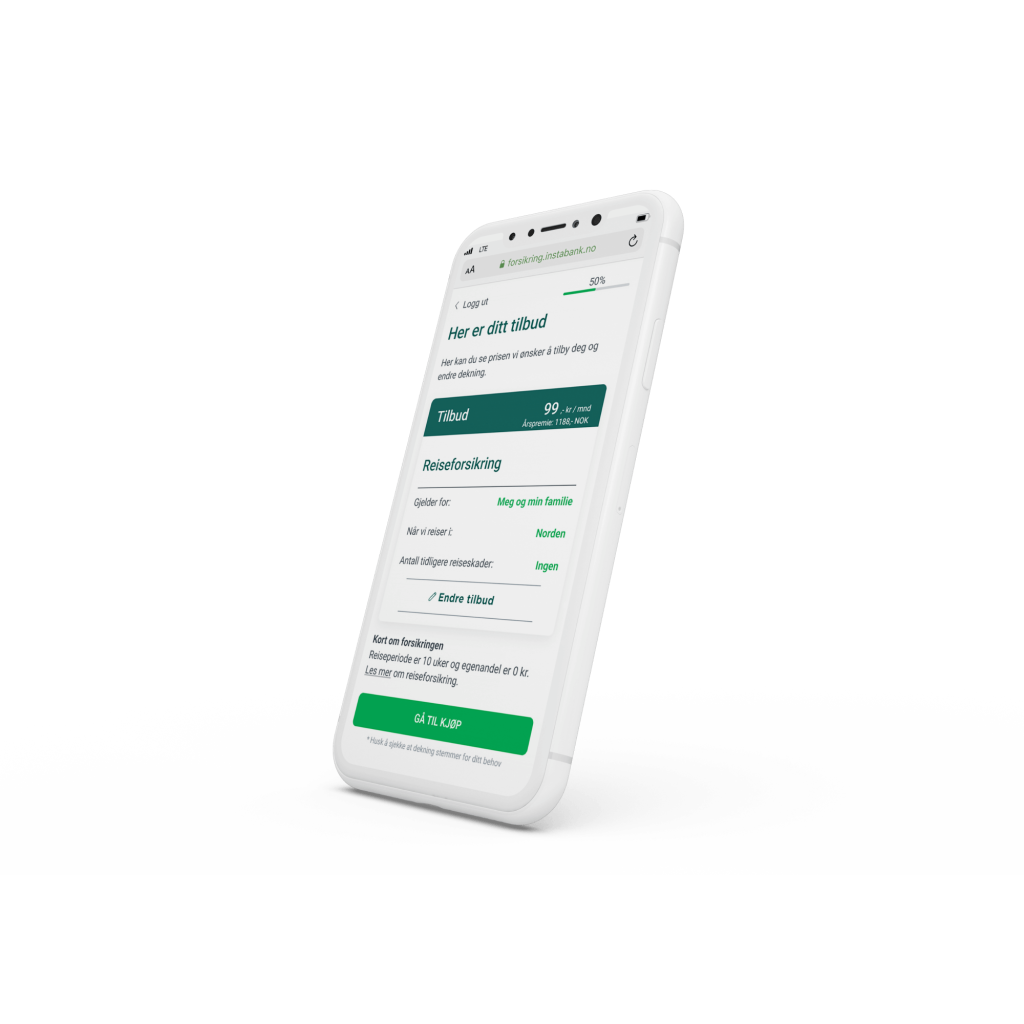What is a digital token?
In the context of financial services, tokenization refers to a type of asset securitization, based on the principles of blockchain. Digital token points to an underlying, real, tradable asset and act as a digital representation of the underlying asset.
Asset tokenisation involves splitting up large assets such as real estate investments into smaller slices. Each slice is represented by a token, ownership of which is recorded on a blockchain-like ledger system. Tokens can typically be traded on a secondary market, which means individual slices of the larger, underlying asset are tradeable.
Disrupting the way financial institutions approach blockchain
Though technological advances have transformed financial services over the years, many aspects of the financial services industry are ripe for change. Asset markets, in particular, are not always as fluid and transparent as they could be. The tokenisation of assets delivers the following benefits to the financial services industry:
- Accessibility and liquidity. Where assets prices are high, the barrier to investment can be too high for the majority of investors. Tokenised assets are more accessible as assets are divided into smaller, investible slices. Tokenisation also improves liquidity as the individual tokens can be traded even where assets, such as artworks, are rarely traded.
- Lower transaction cost. Tokens operate on blockchain technology, and trades are executed using smart contracts. As a result, the administrative burden is lower, compared to typical financial transactions involving counterparties. It can also be argued that trading slices of large assets that are tokenised are cheaper and faster than attempting to sell high-value, illiquid assets.
- Transaction transparency. Immutability is a principle that is commonly implemented in blockchain technology. The result is that transactions are more transparent, both buyer and seller knows who they are dealing with and all parties know exactly what their rights are. In contrast, classic financial transactions often involve intermediaries who may or may not be fully transparent.
The tokenisation of assets have clear benefits for the financial services sector, but as with any fintech the adoption hurdles can’t be ignored.

The hurdles holding back asset tokenisation
The financial services industry is by definition a conservative, defensive sector that is heavily regulated. New technology is adopted with great scrutiny and very slowly. Tokenization needs to overcome a number of hurdles before it is more broadly adopted.
Aligning and integrating with existing regulatory frameworks is the most important step. Regulation exists to protect asset holders, and tokenised assets will only be broadly accepted once blockchain-based platforms can be fully incorporated under the regulatory umbrella.
That said when it comes to compliance much of the legwork will need to be done by the regulators themselves who must build an understanding of asset tokenisation and its uses. Finally, in addition to regulatory hurdles, tokenisation also needs to settle how tokens are linked to underlying assets, while token network governance is also an ongoing issue.
Existing examples of asset tokenisation
Despite the regulatory hurdles and tough issues around governance and asset links, the tokenisation of assets is starting to emerge slowly. A simple example would be Vaultoro, a platform that allows users to buy tokenised slices of physical gold using bitcoin. Gold is securely stored in Switzerland while Vaultoro allows members to trade directly with other Vaultoro members.
More complex an example is Maecenas’s efforts to securitise fine art via an open blockchain platform. The platform allows participants to invest in art via a financial instrument, bypassing expensive auction processes and allowing investors to take stakes in very expensive artworks worth millions of dollars.
Adopting digital token in your field of finance
There’s no question that asset tokenisation is cutting-edge fintech. Enterprises participating in financial services and broader fields should consider the competitive advantage they can acquire by being the first to harness more liquid, accessible and transparent markets. That said asset tokenisation is a complex field that faces strong headwinds from the financial establishment.
To move forward, enterprises should partner with a technology firm such as ELEKS that is capable of applying cutting edge blockchain technology to real-world use cases. Contact us now.

Related Insights

















